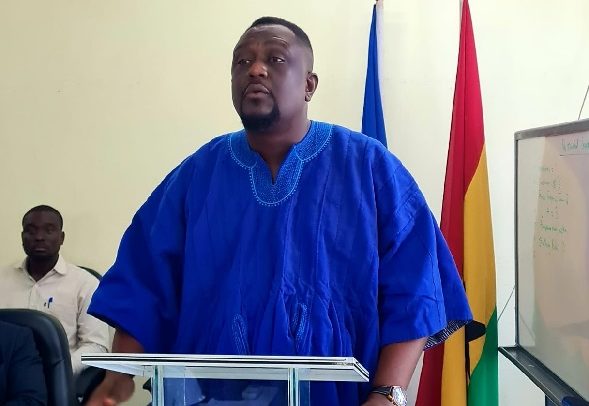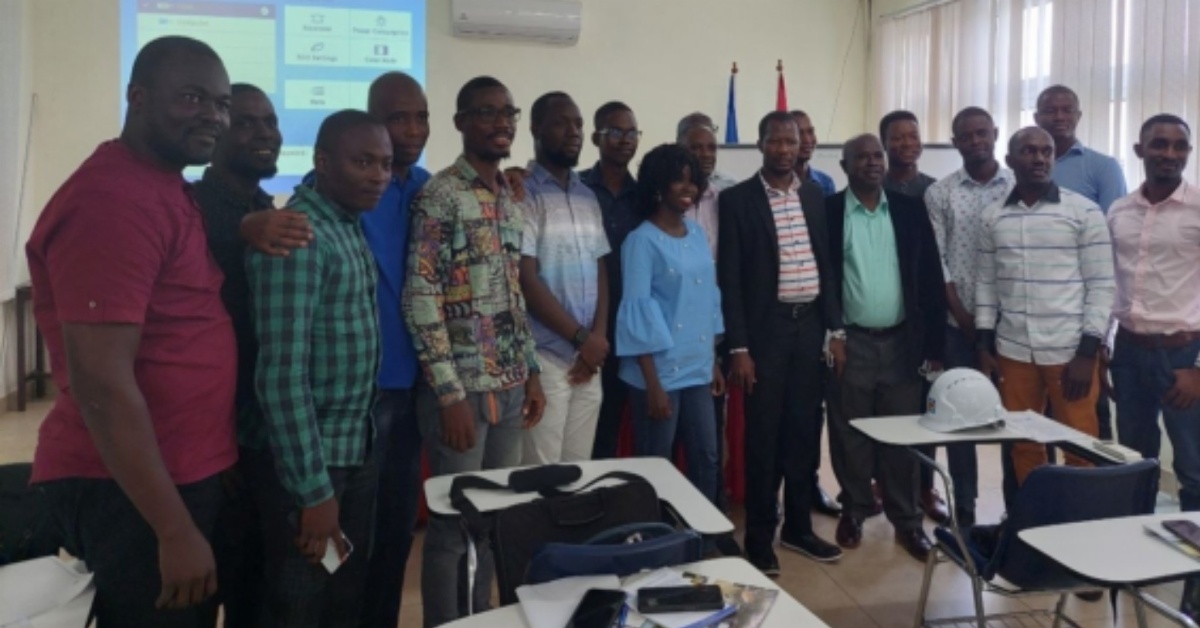Engineers of the Electricity Distribution and Supply Authority of Sierra Leone (EDSA) have started a month-long training course at the Electricity Company of Ghana (ECG) Training School in Tema.
Modern Ghana reports that the course is funded by the World Bank as the engineers would receive the training in Electric Distribution Power Systems Planning, and Design and Operations.
Samuel Mahama, the Managing Director of the Electricity Company of Ghana (ECG), who launched the training, admonished the engineers to take the course seriously and to ensure that they were up to the task of keeping the supply on for the customer while ensuring profitability for their company.
Mahama said no matter how genius an engineering work was, it must be able to maintain supply and ensure that the business remained relevant and viable.

He added that every business’s success depended on the employees who had been charged with manning various aspects of its operations to ensure that the business grew.
Dr. George Yaw Marfo, the Director of the ECG Training School, said the training was in two forms made up of 30 per cent theory and 70 per cent practical.
Dr. Marfo charged them to be diligent and interested in what they would be taught, to be able to manage the electricity supply system of EDSA on their own, without having to rely much on external support.
He expressed appreciation to the Management of ECG and EDSA for the training session and the World Bank for sponsoring it.
Peter Kamuray, a representative of EDSA expressed the hope that the cordial relationship existing between Ghana and Sierra Leone, would continue and grow stronger.
Kamuray added that four years ago, access to energy in his home country stood at 11 percent, adding however that with deliberate planning, the figure has risen to 33 percent and that there were plans to increase it.
He mentioned that the capacity training instituted for the engineers of EDSA forms part of the deliberate attempt at augmenting their energy access as they would need engineers to man the various aspects of the energy supply network.











